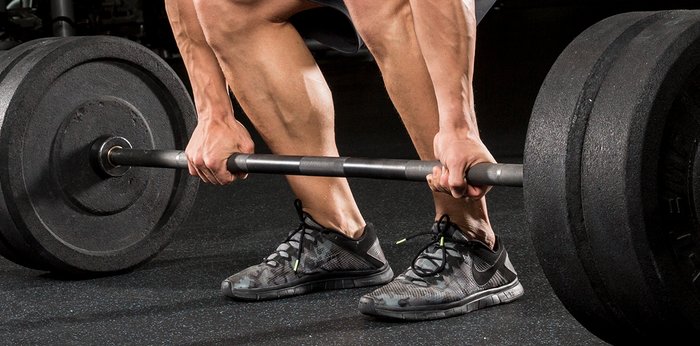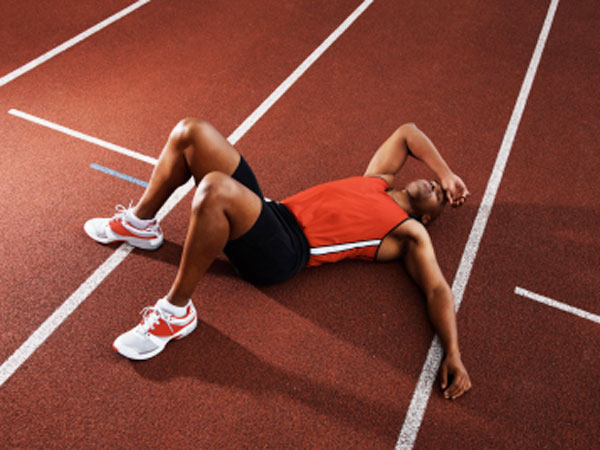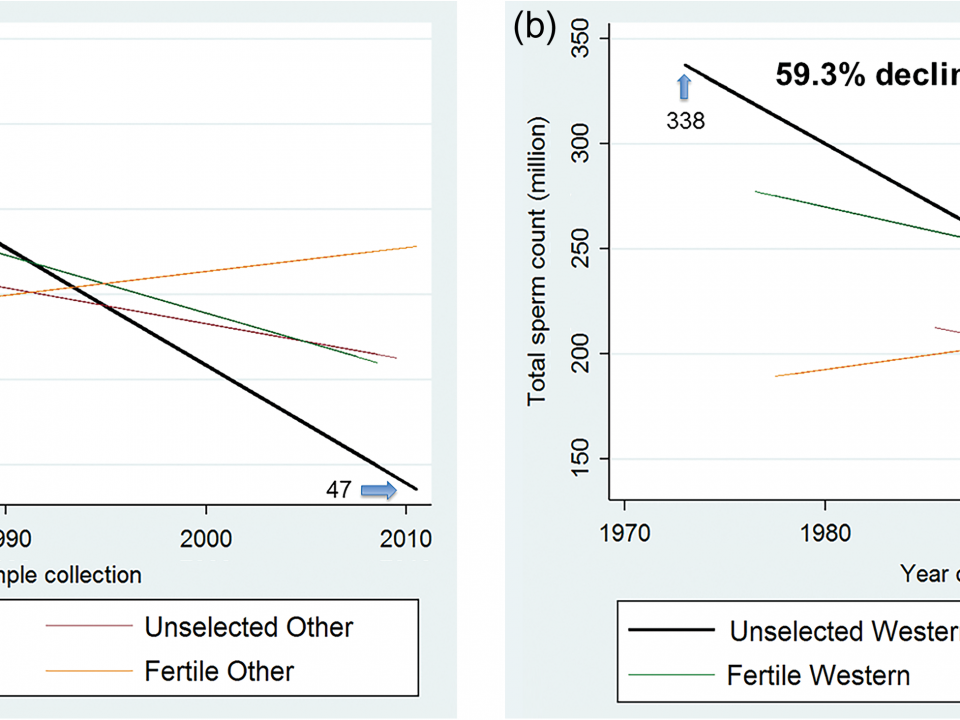Depression is a physical sickness that manifests as a mental illness.
We know this because of the physical signs and symptoms that accompany depression: fatigue, insomnia or hypersomnia, significant weight loss or gain, and others. It follows that treating the physical aspects of depression can alleviate the mental aspects. Here are five ways to fight depression.
Huge numbers of Americans take antidepressant meds, and they’re of dubious safety. Of people over the age of 12, 11% take antidepressants, and the rate is close to 1 in 4 middle-aged women.
I’m writing this because I heard that a friend’s relative, a young man, committed suicide. Sad, pointless, and it didn’t have to happen.
Quit eating crap food
A diet with a high glycemic index, that is, one that tends to raise blood glucose (sugar) levels – spikes them – is associated with depression. (See previous link.) So are diets heavy in processed food – characterized by sweetened desserts, fried food, processed meat, and refined grains. Sugar consumption is associated with depression.
All of that stuff is just crap food, and raises your risk of depression. If you are depressed, stop eating that stuff instanter. (And even if you aren’t and you value your health.)
Eat whole, unprocessed foods. If a factory came in between the farm and the food on your plate, don’t eat it. That means most of the food in the center aisles of the supermarket: the chips, sodas, fruit juices, frozen packaged dinners, pizza, ice cream, cakes and cookies… what else? I don’t even know anymore because it’s been so long since I’ve eaten any of it.
Exercise, especially weightlifting
People who exercise regularly are less likely to be depressed, and higher intensity exercise is more protective against depression than lower intensity. Intervention studies have shown that there’s an actual treatment effect, i.e. the association is not (only) due to depressed people lacking the mojo to get up and move around.
Furthermore, exercise appears to treat depression as strongly, or more so, than psychiatric drugs.
Exercise compares favorably to antidepressant medications as a first-line treatment for mild to moderate depression and has also been shown to improve depressive symptoms when used as an adjunct to medications.
Many more studies could be cited, but you can also ask anyone who exercises (such as me) what they feel like during and after exercise: on top of the world.
It’s said that three lines of thought are common to depression:
- I’m no good.
- The world is a bad place.
- The future is hopeless.
Exercise can’t make the world a better place, but as for numbers one and three, I assert that exercise can help immensely. When you feel good physically it’s more difficult to think that you’re no good, and the future looks better. Maybe the world will seem brighter too.
Now, why do I emphasize weightlifting as a good form of exercise to fight depression.
- It shares many effects with aerobic exercise, such as increasing aerobic fitness (VO2max), which is important for better mental and physical fitness.
- It’s an intense form of exercise, especially compared to, e.g., walking. Many of the increased benefits of lifting weights may in fact be due to nothing besides it being more difficult.
- Lifting weights improves body composition, i.e. the ratio of muscle mass to fat, and therefore makes you look and feel better. (Aerobic exercise has a poor record in this area.) Hard to feel bad about yourself when you look great, and better than most people around you.
But don’t neglect the cardiovascular aspect of your exercise, which means don’t sit in the gym for 5 minutes between sets looking at your phone or chatting with friends. Work. Out. For that I favor high-intensity lifting and high-intensity interval training.
Vitamin D and magnesium
Good nutrition in general is very useful against depression, but vitamin D and magnesium may be two of the most important nutrients in this case, since they both work against depression and many people are low in them.
Vitamin D deficiency is associated with depression. Supplementation with vitamin D improves depression.
Even among healthy adolescents, who could be expected to be outside in sunshine much more than healthy – much less unhealthy – adults, prevalence of vitamin D insufficiency is as high as 42%.
Magnesium deficiency is associated with depression and supplementing it can treat the illness.
Dose of vitamin D is related to many factors, such as body weight, latitude of residence, season, and skin color, therefore it’s impossible to make across-the-board dose recommendations. See here for a discussion of doses.
The RDA for magnesium is 420 mg for adult men, 320 for women.
Get a good night’s sleep
Depression is associated with insomnia, hypersomnia, and disruption of circadian rhythms. Paradoxically, whole or partial sleep deprivation for one night can relieve depression. Advancing the sleep phase (staying up later) can help.
There are all kinds of ways to improve your sleep, such as alcohol avoidance, melatonin, a completely dark bedroom, magnesium. One thing people like us should do is install light-reducing programs on our computers, tablets, and phones, such as f.lux and Twilight. Interestingly, my new Kindle Fire tablet came with a built-in color adapter, Blue Shade, so word’s getting out.
Sunlight
Light has profound effects on the brain. Light therapy treats depression as effectively as drugs. Most light therapy involves sitting before a bright light with wavelengths similar to the sun, for 30 to 60 minutes in the morning, usually upon awakening.
Or, you could cut out the middleman and get some sun in the morning. Make it a habit to get exercise in the sun, and don’t wear sunglasses. This is obviously more difficult in the winter and at certain latitudes, so the use of bright light may be in order.
Conclusion
Depression isn’t some mysterious thing that comes out of nowhere, but is connected to brain function. Improving dietary and other lifestyle inputs can improve the brain’s function and out a big dent in depression.










14 Comments
As someone who suffers from clinical depression I would just add that sometimes nothing helps. I practice all of the above and have for a very long time, but the black dog still makes my life unbearable at times.
I will also add that I do agree with all of the above suggestions, and feel that I would be even worse off if I didn’t partake in a healthy lifestyle.
I picked up some vitamin D supplements and noticed they are soybean-derived. I’ve read bad things about soy. What type of vitamin D supplement do you recommend?
Hi Matthew – oil-based vitamin D is definitely what you want, since dry forms may not be absorbed well. I presume when you say soybean-derived, you mean they have soybean oil as a base, and if that’s the case, I wouldn’t worry too much about it, because the amount of oil is very low. That being said, the brand I use, NOW, uses olive oil, which of course is a lot better. Hope that helps.
Thanks, P.D. Mangan! I’ll look for that brand. #MAGA
Depression, in large part, is due to the zietgist of the times demonizing especially white men. Thus men are beaten down and depressed
Their depression depressed the women bc
sum masculinity = sum femininity
That is the cause.
Poor little man. Other people are obviously the cause of your problems. What’s a little man to do with all these women beating up on him?
Nathan certainly overstates his case, but there is at least a grain of truth in what he says. You mocking/belittling him isn’t helpful. Our society does have issues with misandry, and we should acknowledge that fact. One might even suggest that your mockery of Nathan shows a certain “littleness” in your conduct.
I agree with you that “crying about it”, and blaming our weaknesses on others isn’t a helpful response. That is why we come to places like this. We are men working to improve our own lives. Lifting weights, and eating better are two of the best things I’ve ever done. Men should struggle to make their lives better, and to improve society.
All good advice. As soon as I cleaned up my diet 16 months ago my perspective improved immensely.
Let’s also include alcohol in crappy food. We all know that it’s a depressant, and as a social drinker who is on an alcohol “cleanse” for the duration of February I can testify that not drinking has further improved my outlook. When drinking, moderation (1-2 drinks a day) is best for one’s health.
Since I took the red pill 16 months ago and changed my diet, started lifting three times a week, and reduced my alcohol intake, I find that anytime I put something bad in my body (fried foods, alcohol, sugary drinks, pain medication) I can feel it dragging me down.
And I’m a guy who is not depressed or taking medication..
Great, thanks, Mike. It’s true that alcohol can do that, and increase anxiety as well.
Found the same effect with cutting back on alcohol in Feb. My working hypothesis is that alcohol’s negative long-term mood effects are due to glutathione depletion from metabolizing the alcohol, though I partially offset this with NAC supplementation..
I have battled depression for years myself and this is a great starting list for psychological depression. Personally the last piece of the puzzle for myself is cleaning up my diet. Whenever I feel well again my diet slips up and eventually I pay the price.
How about 6. NAC as a bonus? You did a great post on that! NAC on top of 1-5 above still made a difference for me.
Yes, absolutely, Dan, many people can use it.